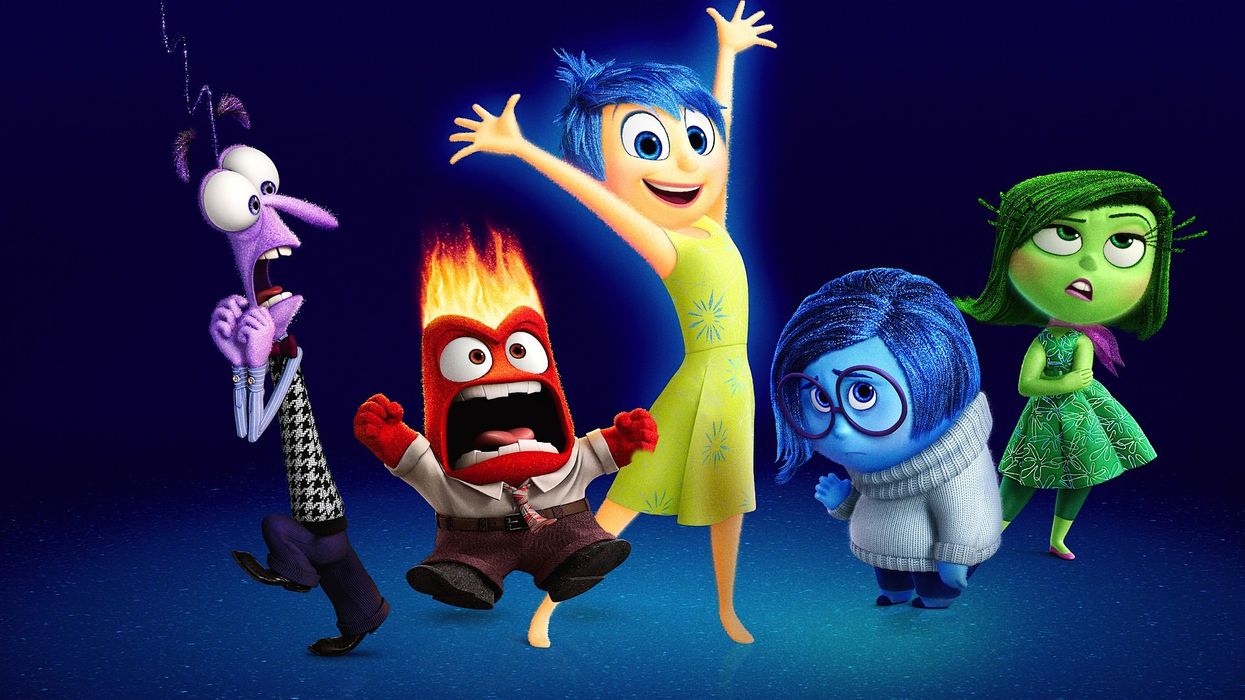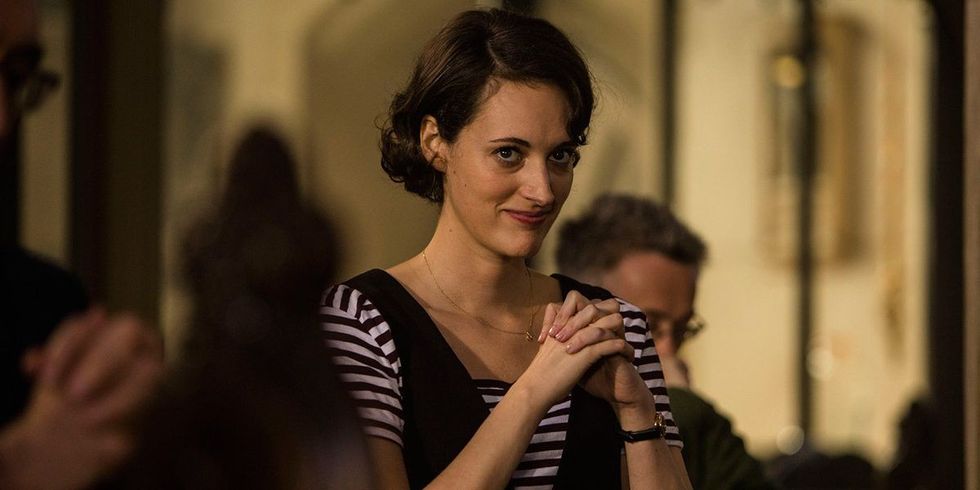What's the Emotional Truth Of Your Story?
We go over the definition and examples of this screenwriting maxim.

Inside Out
One of the mistakes I see novice writers commonly make is that they write a screenplay or make a movie simply because the idea is "cool." And sure, that's a great reason to make something. But your audience wants something more from you.
They want to know your emotional truth behind the story and the truth within it that is at its heart.
Hollywood loves a brand, and they love a layered one at that.
We love stories that feel real. Even when they're about time travel or magical powers, a well-crafted story makes us care about the characters and their journey in a deeply personal way. But how do writers achieve that? The secret ingredient often lies in the concept of emotional truth.
Let's get real and dive in.
Emotional Truth Defined

Fleabag
Prime Video
Emotional truth isn't about simple plot accuracy or factual correctness. It's about capturing the essence of a human experience in a way that resonates with the audience.
Think about it this way: the events in your life might not be extraordinary, but the feelings you have are universal. Fear, love, grief, exhilaration—everyone has experienced these emotions. Emotional truth is about digging down to that core and portraying it honestly on the page or on screen.
Emotional Truth Examples

Moonlight
A24
The best way to understand getting the meaning of emotional truth is to look at it in action. Here are some powerful examples of emotional truth in action:
- Inside Out: This beloved Pixar film tackles complex emotions like sadness and joy through vivid personifications that reside inside a young girl's mind. While the literal idea is fantastical, the truth lies in how skillfully the film portrays the messiness of feelings and the importance of letting them all coexist.
- Fleabag: This British comedy-drama about a grief-stricken, self-destructive young woman cuts to the heart of emotional truth. The show is funny, but it never shies away from the raw pain of loss and the complex ways trauma manifest. Humor can't mask the deep wound beneath, and that contrast makes the emotional truth even more powerful.
- Moonlight: The central character in this Academy Award-winning film is a young man struggling with his sexuality and identity in a harsh environment. He may not speak much, but his inner turmoil— the quest for love, belonging, and self-acceptance—is a profoundly relatable emotional truth that transcends any specific background.
- The Graduate: After feigning interest and avoiding emotional truth most of the film with his affair with Mrs. Robertson, Dustin Hoffman's Ben finally finds emotional truth with Elaine Robertson. After he totally blows it by creating distance, he finds his truth in the third act and (very emotionally) sets out to win her back.
Why Does Emotional Truth Matter
Like I said at the top, this matters when you're selling yourself and when you're selling the story. It also is a great way to draw out very personal stories from your soul, for the page.
When a story rings with emotional truth, we connect with it on a visceral level. We see ourselves in the characters, even when their circumstances might seem far from our own.
How Can I Find My Story's Emotional Truth?
Let's start with some big questions: Why are you drawn to this specific story? What feelings or experiences in your life resonate with the themes you're exploring?
You need to attack your story head on. Why are you telling it and what part of your soul are you sharing with people?
Sit and do that self examination and make sure it's layered into the story.
Emotional truth is the beating heart of a great story. It's the magic that makes us feel not just entertained, but truly moved.
Now, go get writing.
- Making the Last Fuji Super 16 Feature: Leah Meyerhoff on 'I Believe In Unicorns' ›
- The Reality of Editing Unscripted TV: How an Emmy-Winning Editor Crafts 'Life Below Zero' ›
- 'The Rainbow Experiment': Delving Into Characters' Lives to Uncover Deep Emotional Truths ›
- Break Down Your Emotional Barriers To Tell Your Best Story | No Film School ›











